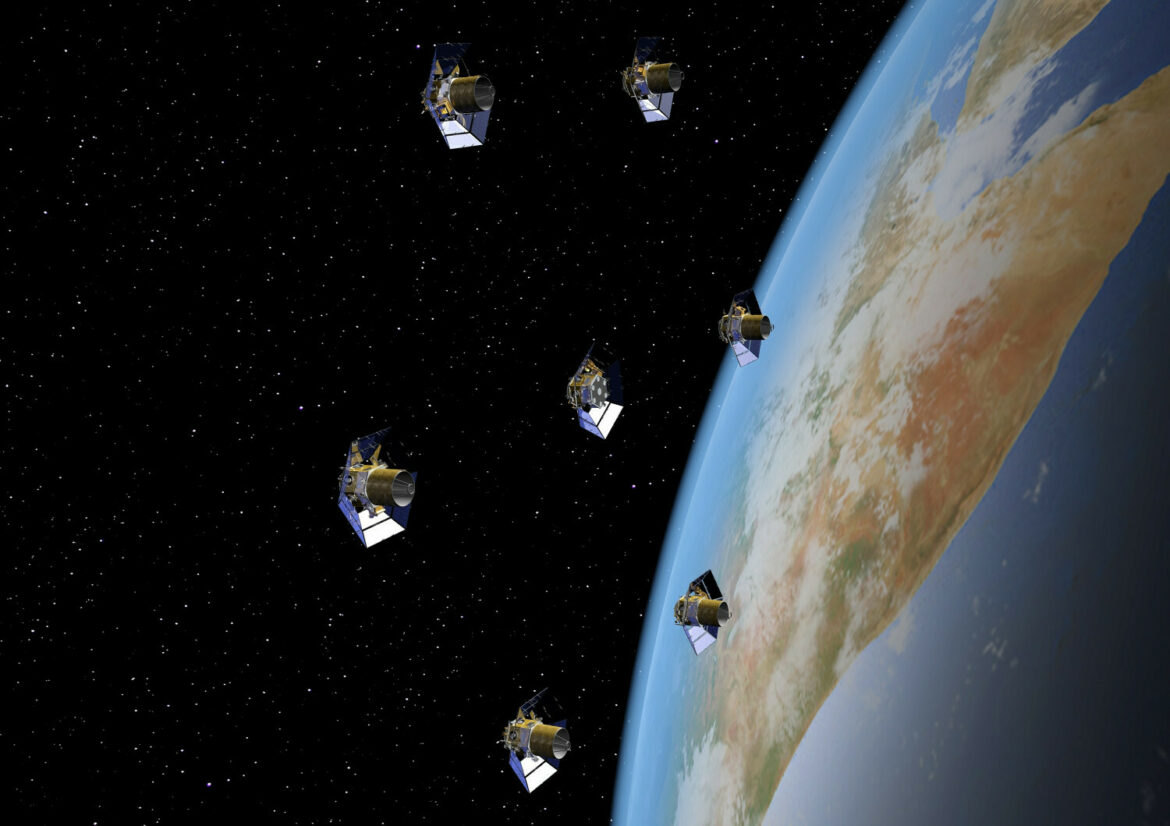In space, the Falcon 9 rocket has brought the first Polish bio-nanosatellite into orbit with the fungi Fusarium culmorum in one of its modules. Scientists from the University of Life Sciences in Wrocław working under the supervision of Prof. Krzysztof Matkowski, will check how the fungus will cope with the lack of gravity.
The research is carried out under the project “Bio-nanosatellite using miniaturized lab-on-chip instruments and the methodology of bio-medical research with its use in microgravity conditions”.
It is being implemented by a consortium consisting of SatRevolution (leader), the Wrocław University of Environmental and Life Sciences, Wrocław University of Technology, Wrocław Medical University and the Ludwik Hirszfeld Institute of Immunology and Experimental Therapy. of the Polish Academy of Sciences, as part of the development program of the Lower Silesian Zone of Biomedical Technologies.
In 2018, the local government of the Lower Silesia Province together with the National Center for Research and Development offered PLN 100 million for research and development in this area.
Researchers from the University of Life Sciences in Wrocław sent into space a fungus that is very common on Earth – Fusarium culmorum. It can be found in the air, plants, soil and also in residential buildings. Importantly, it has a wide growing potential in various temperatures and humidity conditions.
Scientists intend to research how the conditions in space will affect the biology of the fungus. This knowledge is important in the context of future attempts to create self-sufficient bases for human life in space. Fungi are the precursors of life in any ecosystem and without them, intensive long-term growth of plants is not possible.
Adrian Andrzejewski





